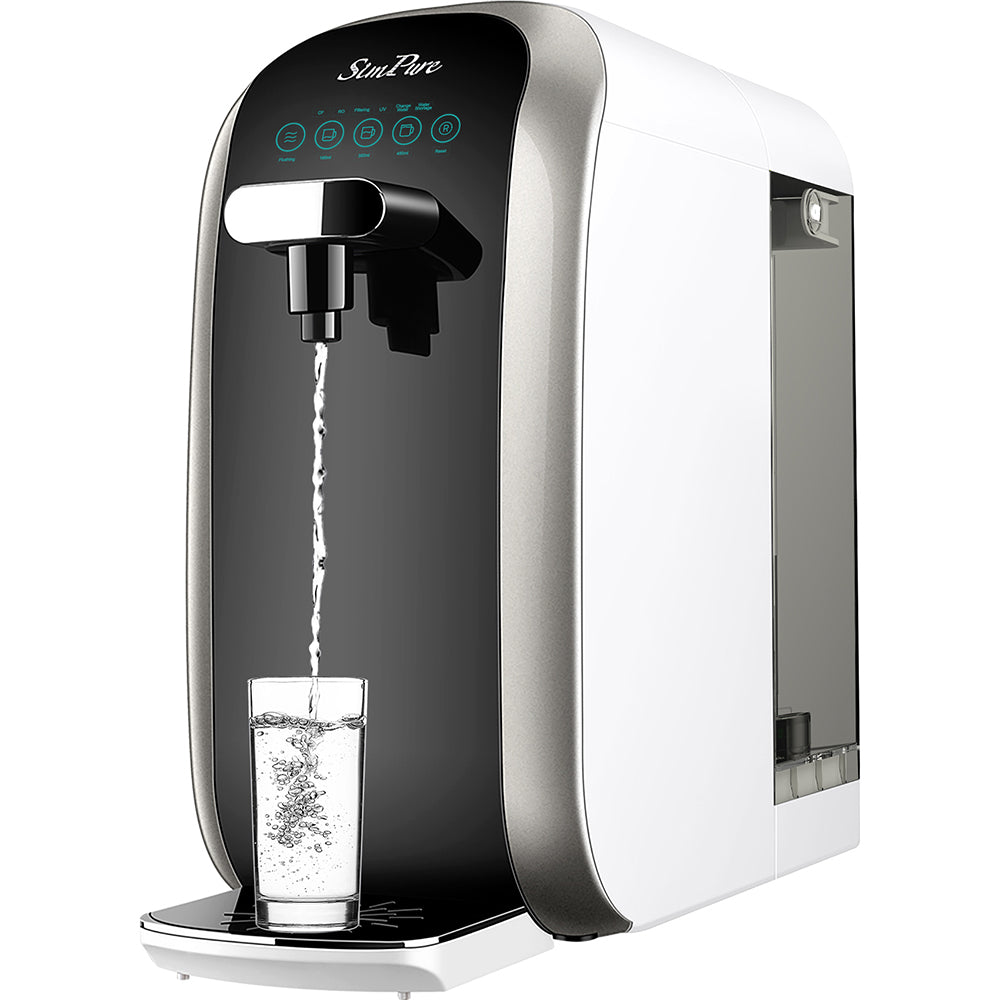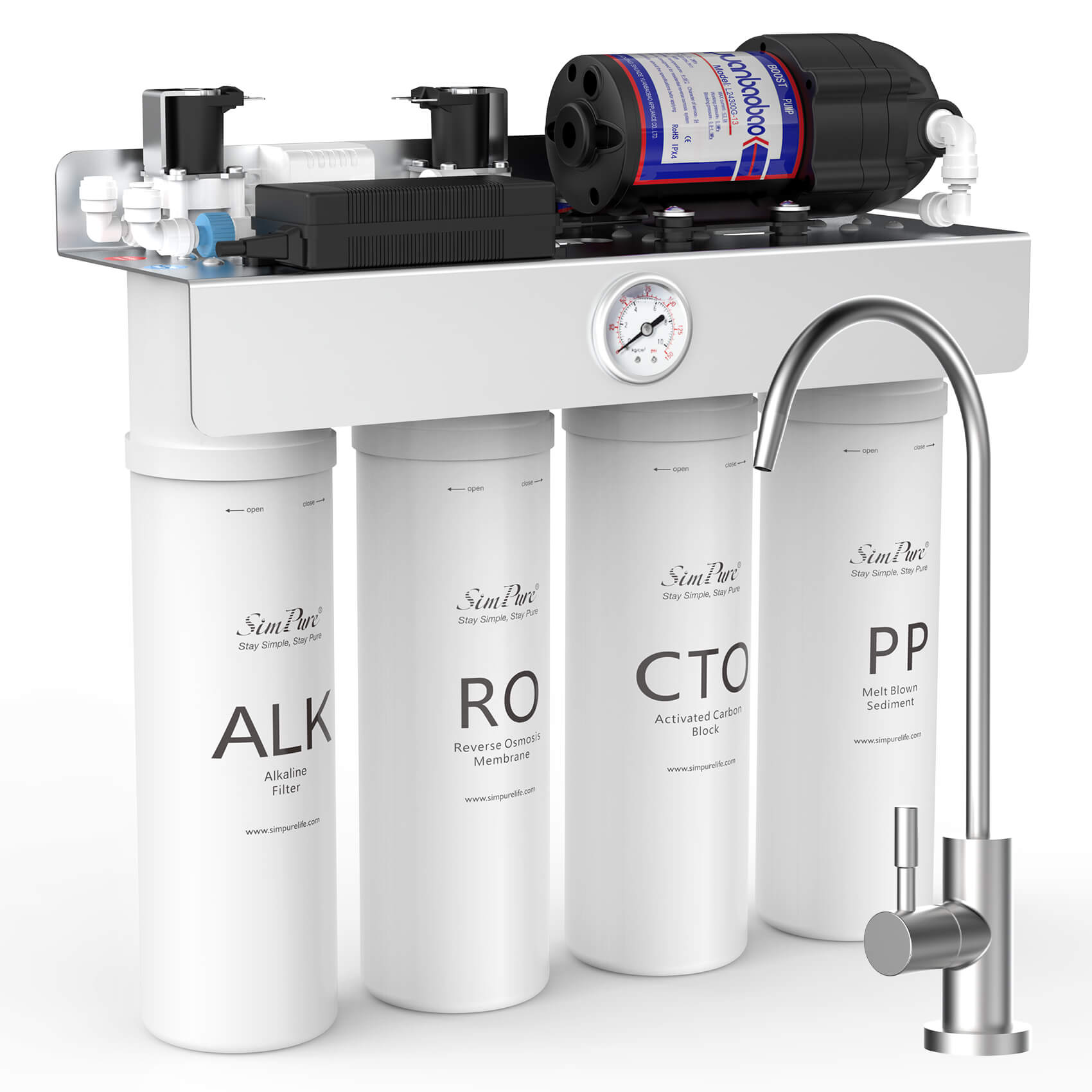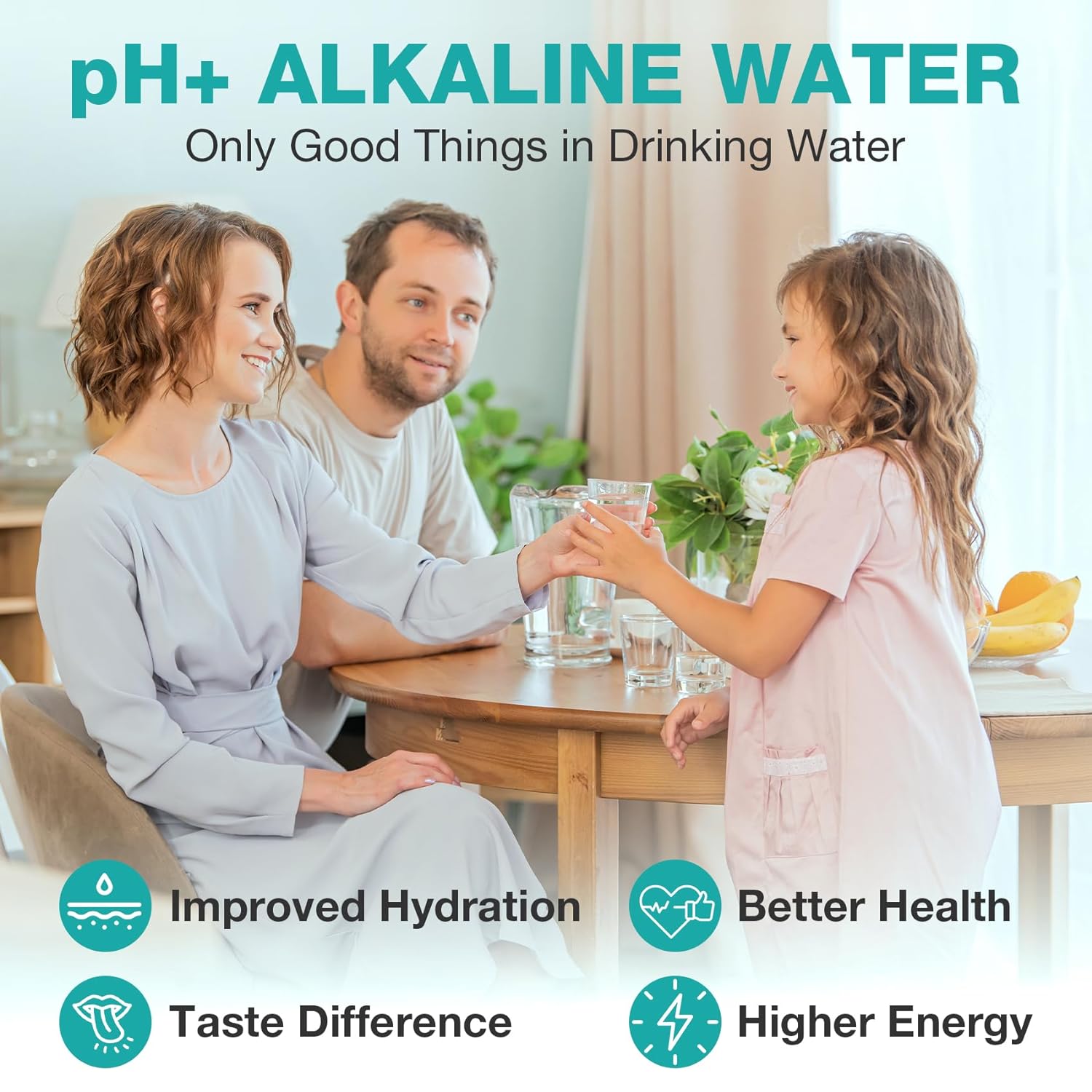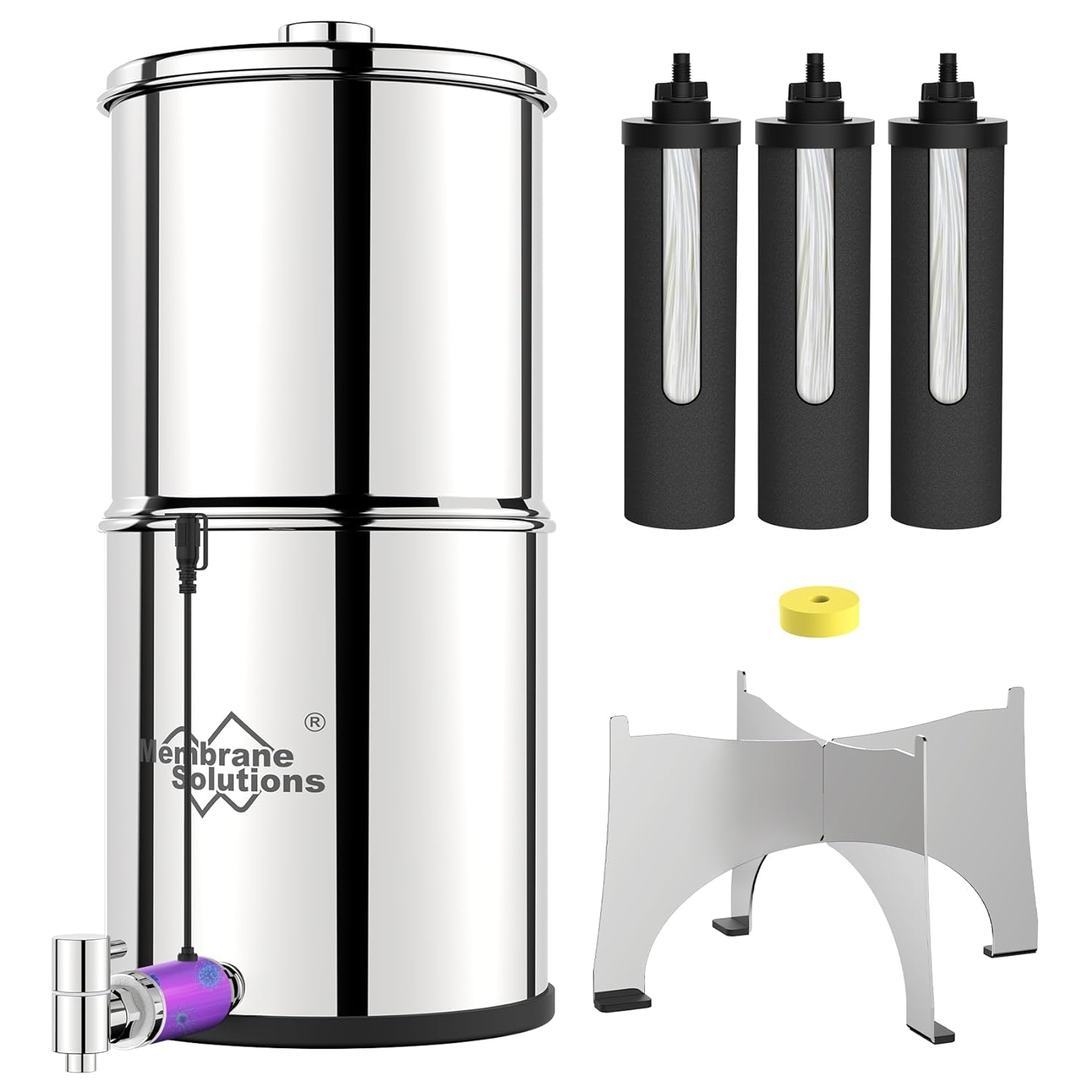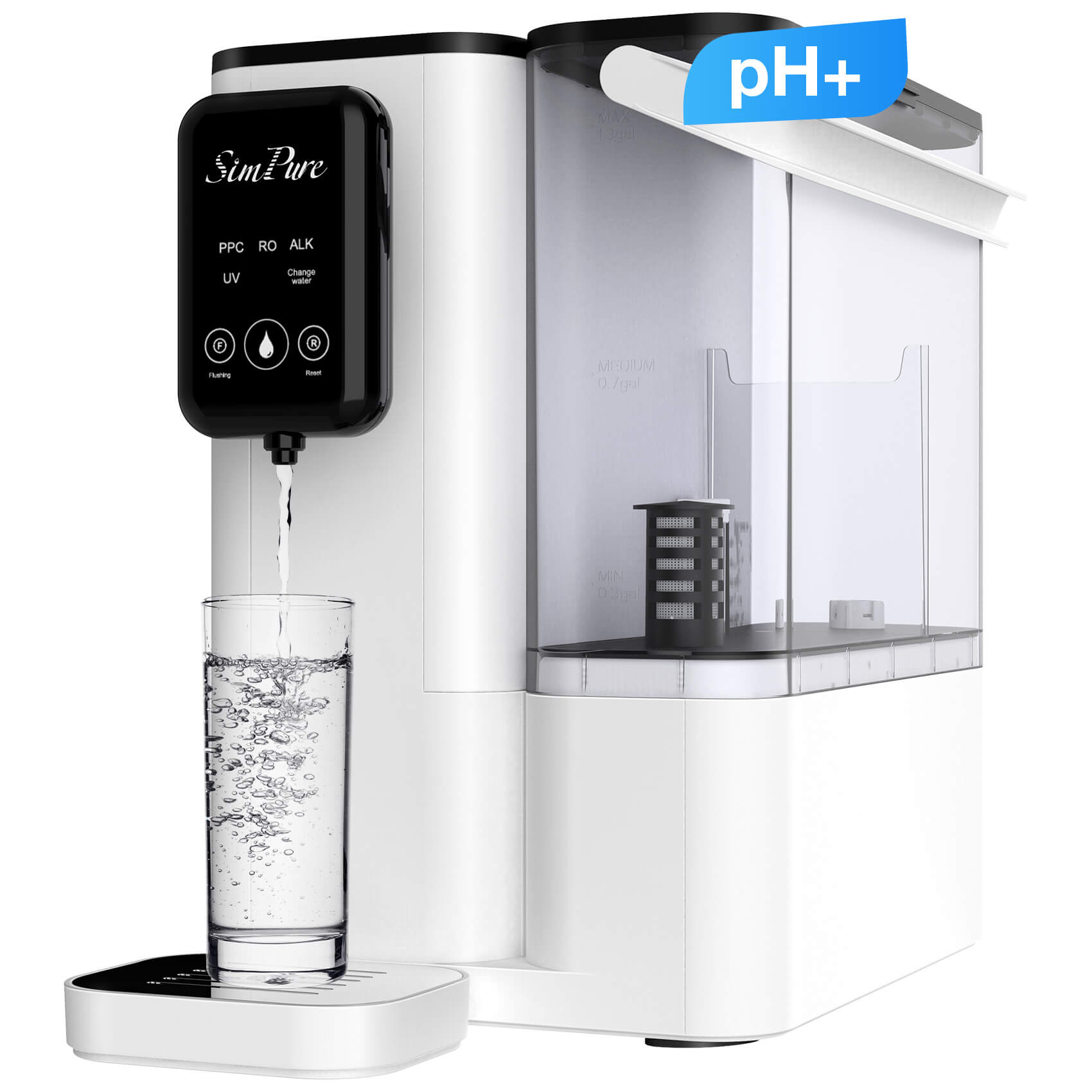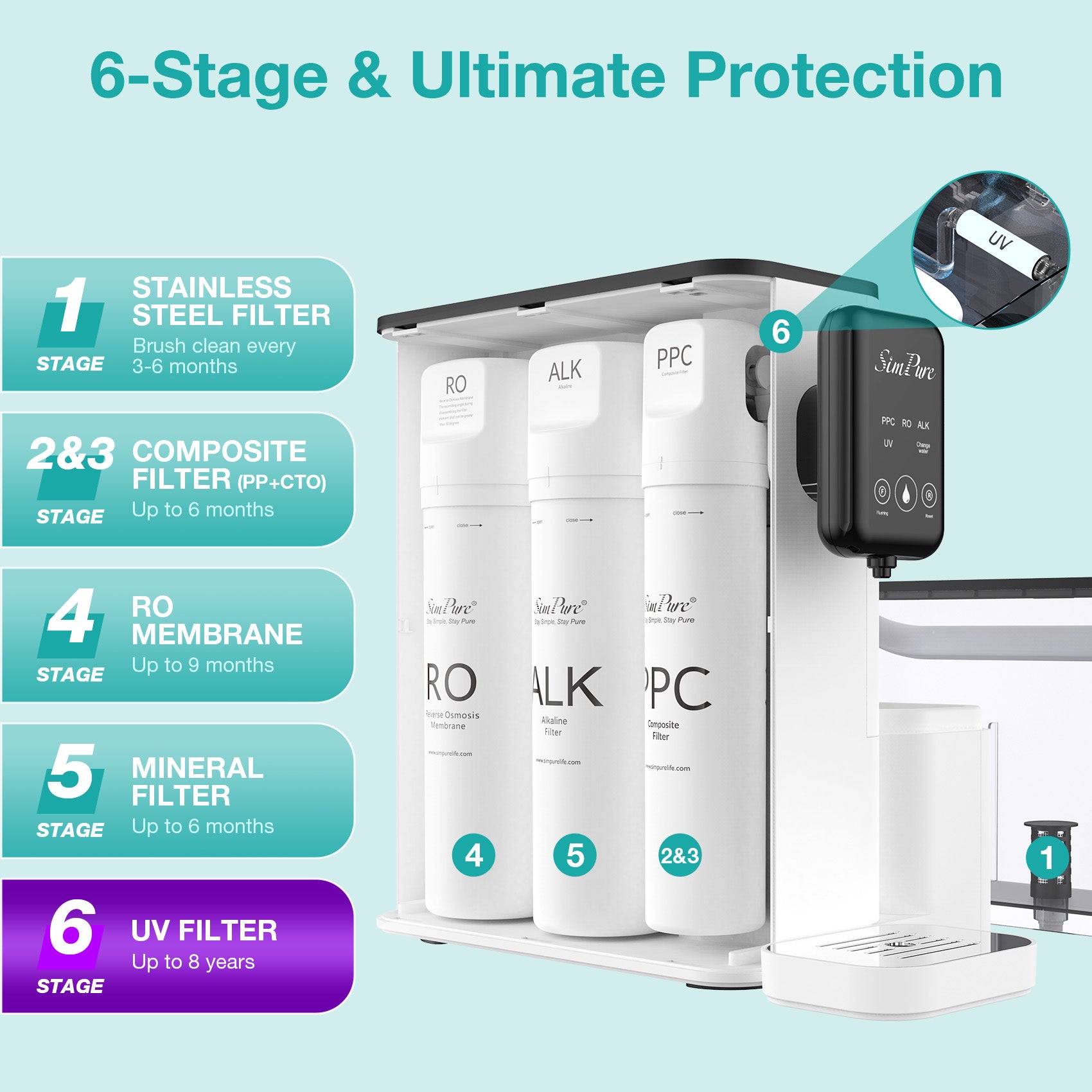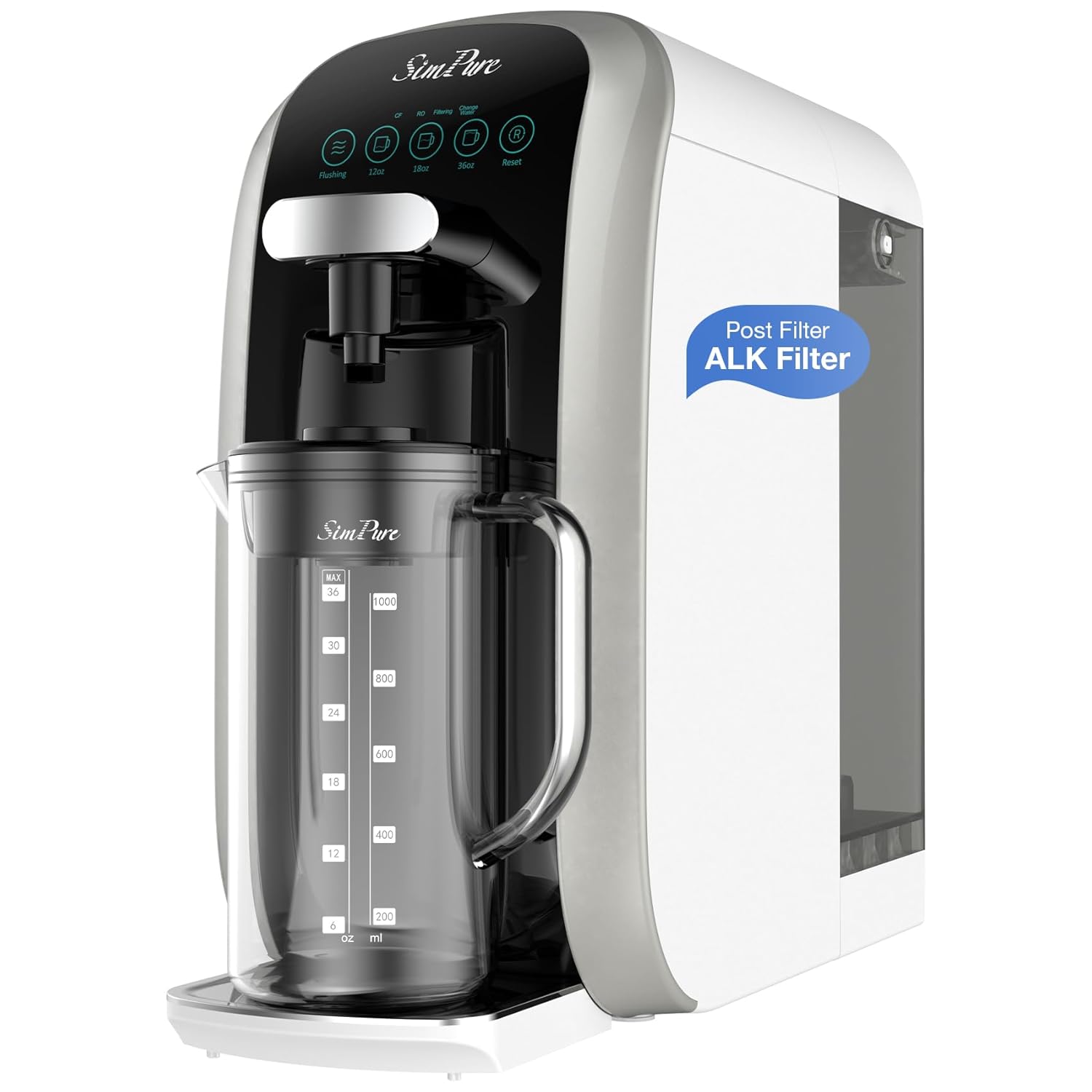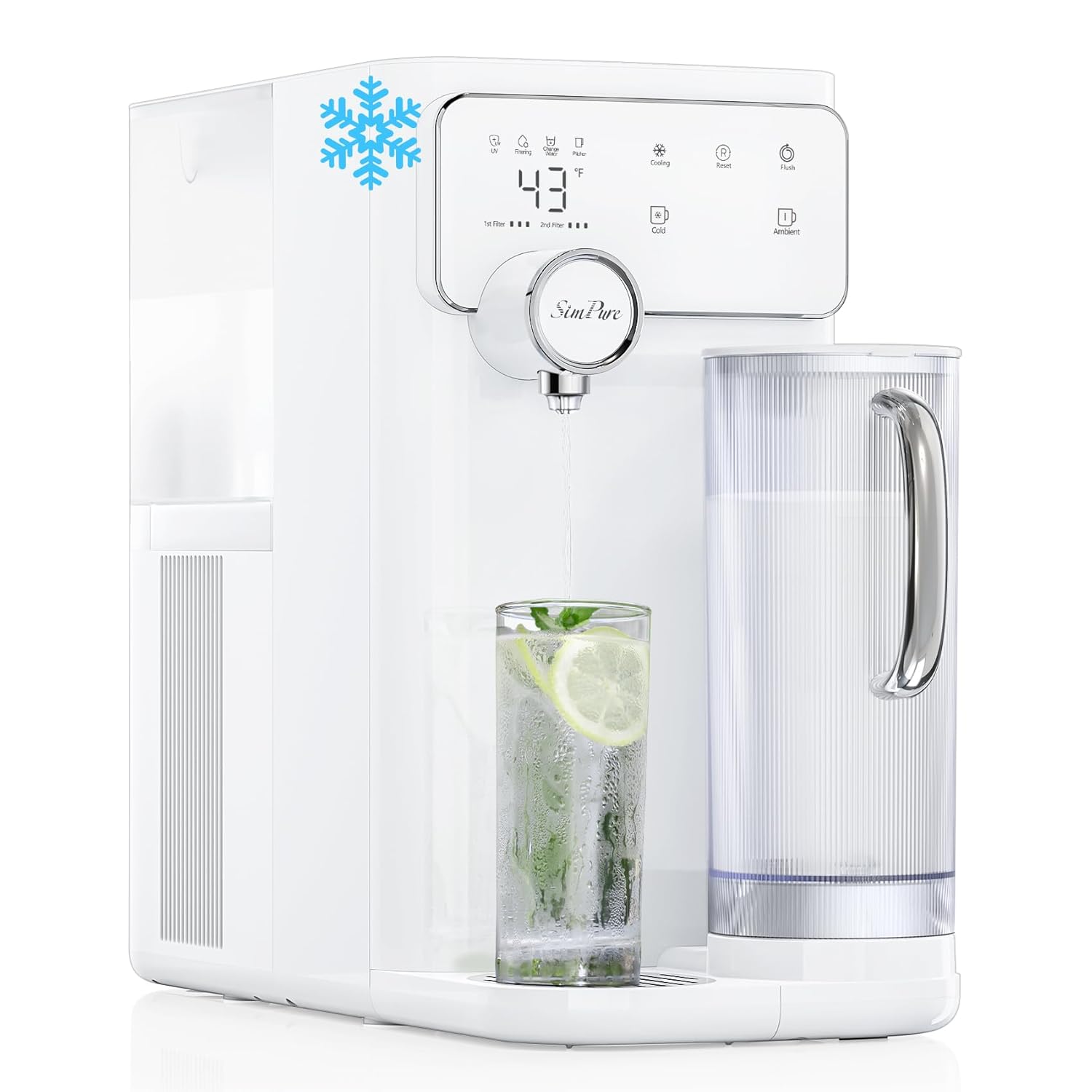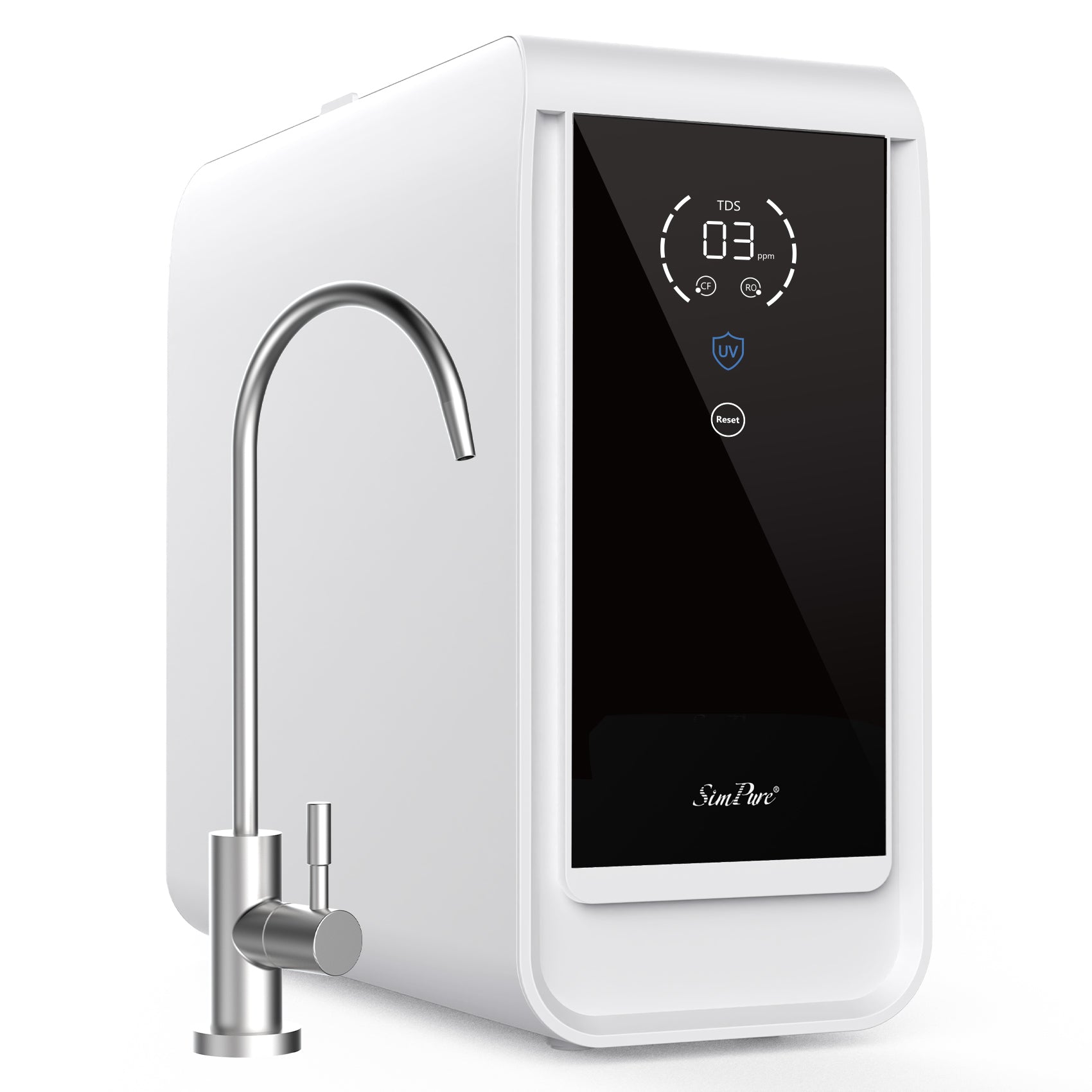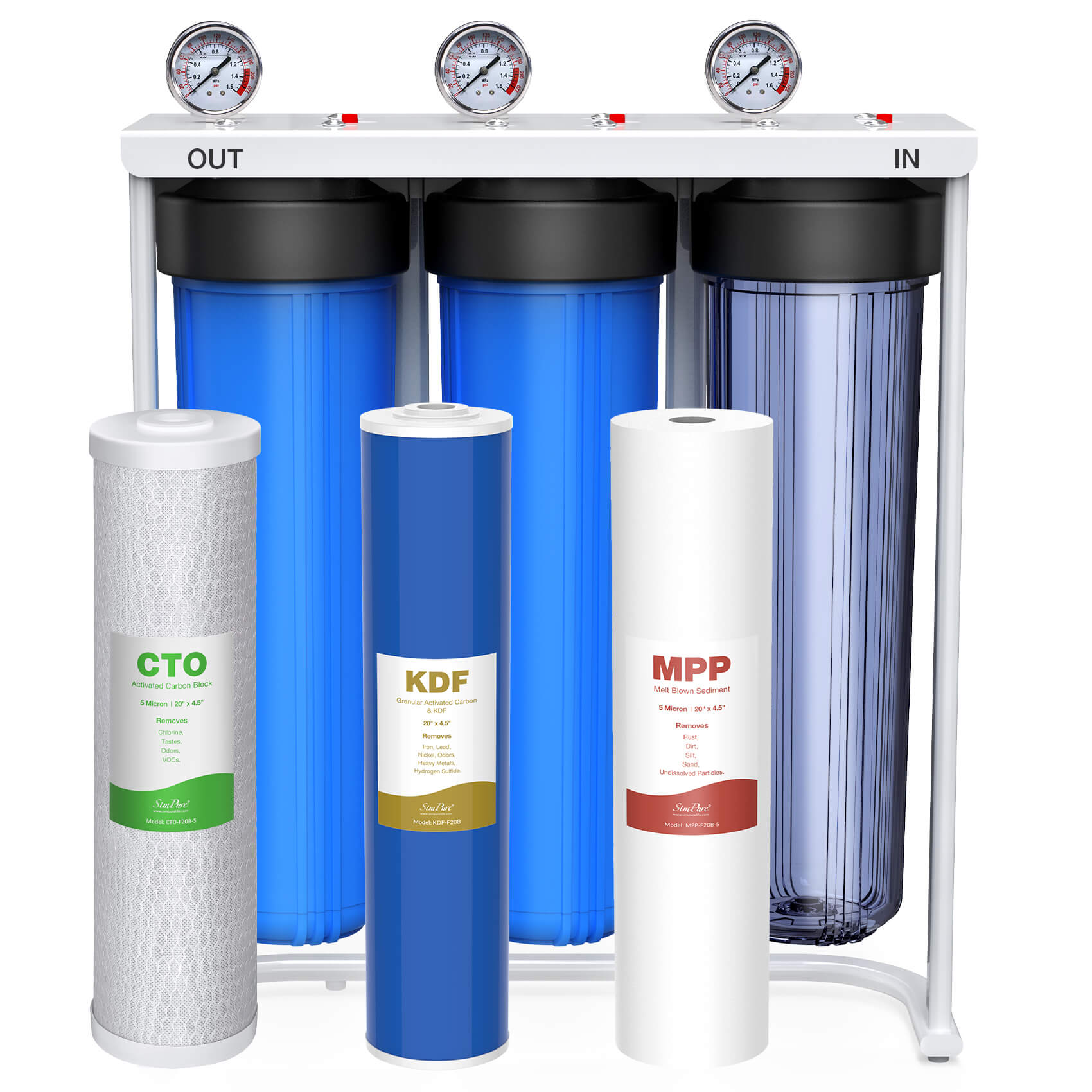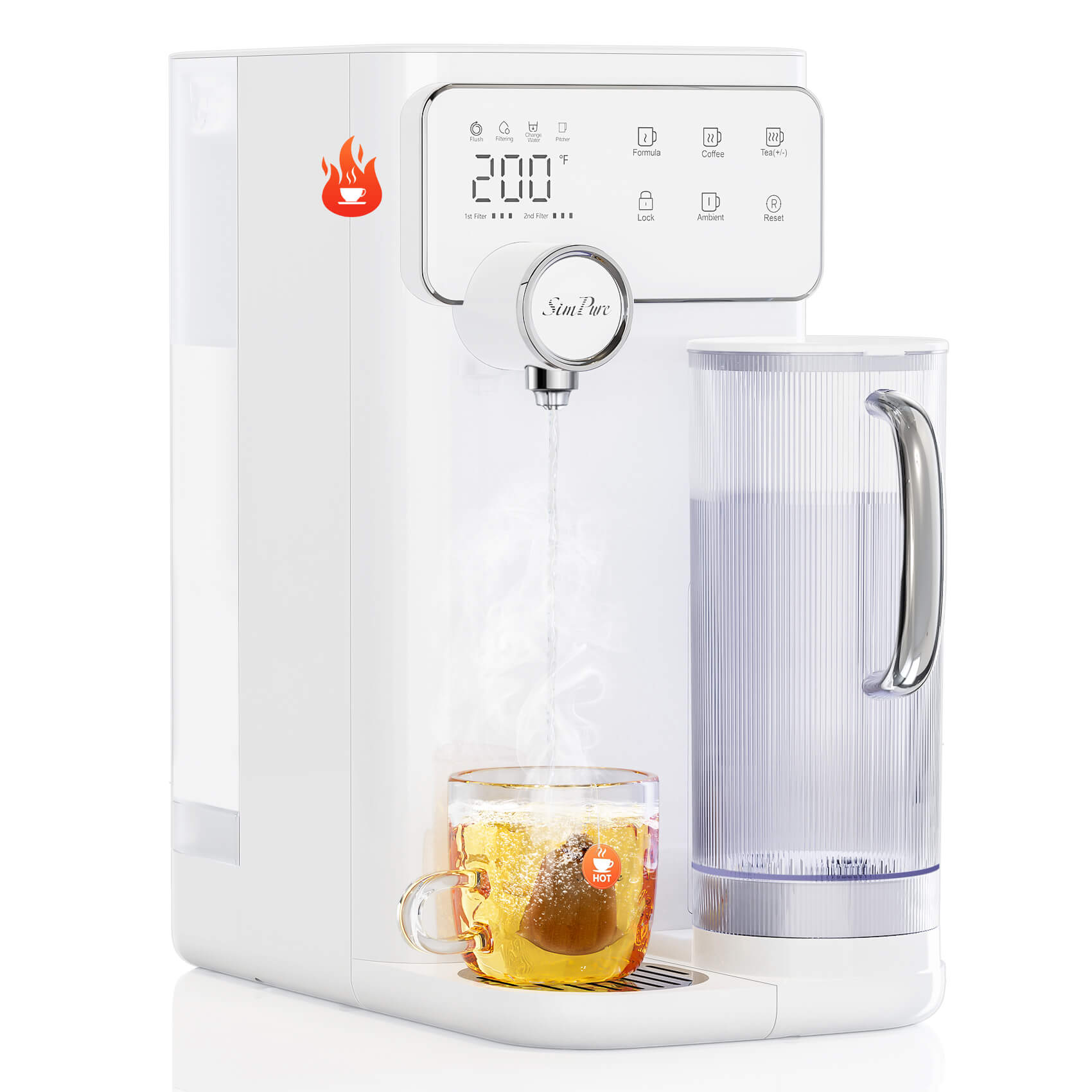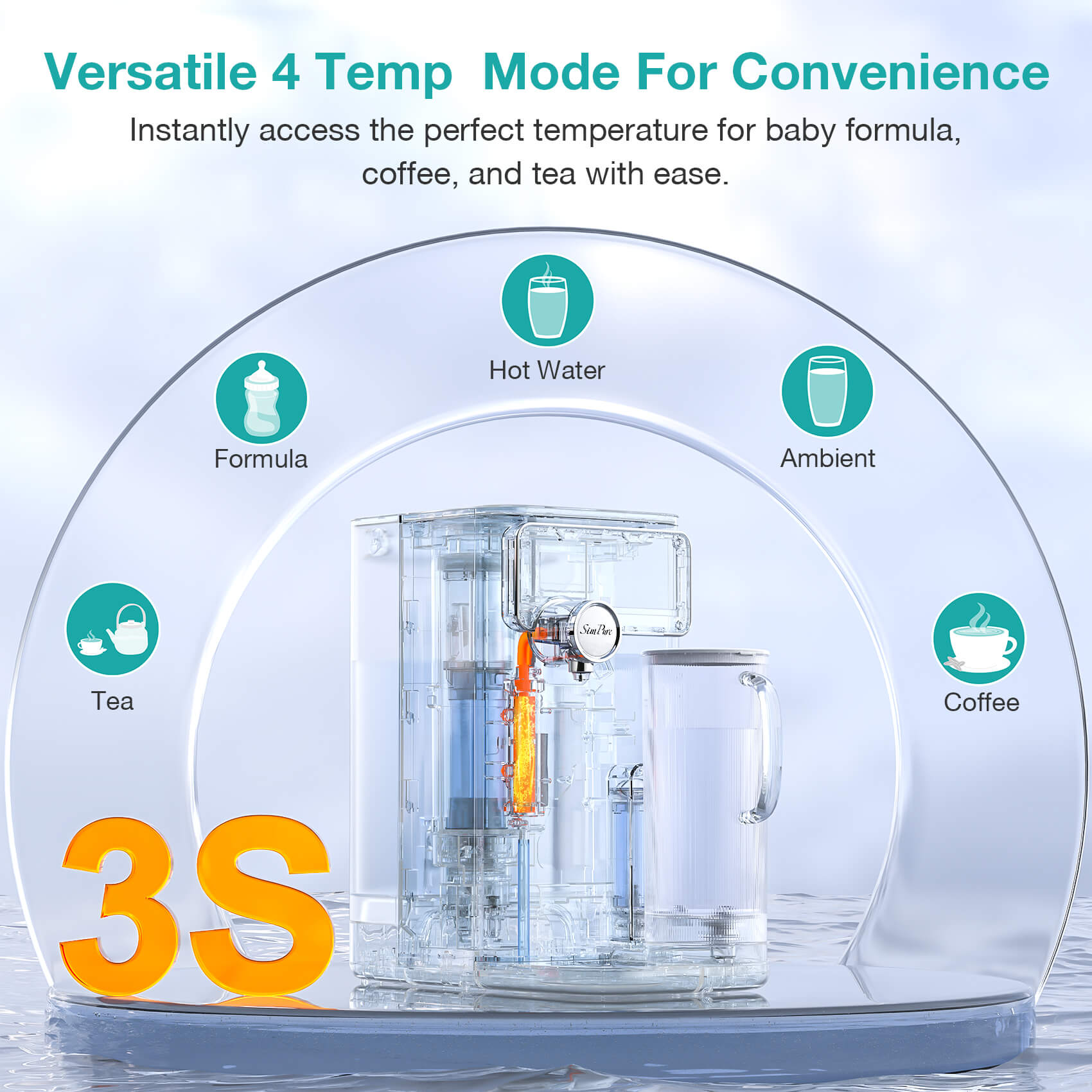As parents, the well-being of our little ones is our first concern. In parenthood, ensuring the utmost care for your infant includes meticulous considerations, especially in baby formula preparation. One key aspect is the quality of water used. Many parents want to know the answer to can I use purified water for baby formula. Join us as we delve into the vital significance of water quality in nurturing your little one, addressing concerns, and providing tips for parents striving to offer nothing but the best.
Importance of Water Quality in Baby Formula

Water is not merely a medium for formula mixing; it's a crucial component shaping your baby's early development. The critical role of water lies in maintaining the delicate balance of nutrients, ensuring each feeding delivers the intended nourishment.
However, the use of inappropriate water poses potential risks. Ensuring the right water quality for baby formula is paramount, as using inappropriate water poses potential risks to your infant's health and development. Contaminated water may introduce harmful substances, impacting the nutritional integrity of the formula. Bacteria, chemicals, or impurities can compromise your baby's delicate digestive system, leading to discomfort or more severe health issues.
Can I Use Purified Water for Baby Formula?
Certainly, purified water is a refined form that undergoes a thorough filtration process, eliminating impurities and contaminants. Its characteristics include a high level of purity, free from minerals, chemicals, and microbes that might be present in other water sources. This makes purified water an excellent choice for baby formula preparation.
Factors to Consider When Choosing Water for Baby Formula
- Water source matters
Suggested Source: Opt for purified water, distilled water, or water treated by water filters. These sources undergo rigorous filtration processes, ensuring the removal of contaminants and impurities.
*Not Suggested: Well water poses a potential risk due to its variable quality, including the presence of minerals or pollutants that may be unsuitable for infant consumption.
- Check for impurities and contaminants
Regularly test water for any impurities or contaminants that could compromise the safety of the baby formula. Purified water, subjected to stringent filtration, minimizes the risk of harmful substances.
- Adhere to local safety standards
Follow guidelines and safety standards provided by local health authorities. This ensures that the water used in baby formula meets the necessary criteria for infant consumption, promoting overall well-being.
- Consider temperature and cleanliness
Use water at the appropriate temperature for formula preparation. The appropriate temperature for formula preparation is typically lukewarm or room temperature. It is advisable to use water that is around 100°F (37.8°C) when mixing formula. This temperature ensures that the formula dissolves properly without compromising the nutritional content. Extremely hot water can destroy the nutrients in the formula, while cold water may not mix well. Additionally, maintain strict cleanliness in the handling and storage of water, preventing the introduction of bacteria or other contaminants into the formula.
How to Use Water for Baby Formula?
Nationwide Children's recommends using distilled or purified water for baby formula without the need for boiling. However, for all other water sources, including tap water and bottled water, boiling is crucial. This process involves flushing cold water for 2 minutes, boiling for 1 minute with the lid on, and cooling to room temperature before use. Well water is not advised. Parents are instructed to use distilled or purified water instead.
Frequently Asked Questions about Formula Feeding
Whether you're a new parent or looking to enhance your formula-feeding knowledge, these FAQs will provide valuable insights to guide you through this crucial aspect of infant care.
Is Reverse Osmosis Water Safe for Baby Formula?
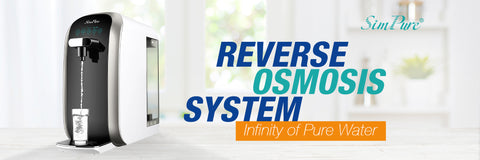
Yes, Reverse Osmosis (RO) water is safe for baby formula preparation. The Academy of General Dentistry suggests using tap water from a reverse osmosis water filter system when diluting infant formula. This ensures a high level of purity, free from impurities, and adheres to recommended standards for your baby's health and development.
What Kind of Water Should Babies Drink?
For babies, the best and safest option is either breast milk or formula during their first six months. Once introducing water, it's typically unnecessary until they start consuming solid foods. If offering water, it's crucial to use safe sources. Purified, distilled, or boiled tap water is recommended. Avoid well water and be mindful of the fluoride content.
In summary, the answer is; purified water is a safe choice for baby formula. Parents, be vigilant in your water selection. Purified water, filtered through reliable water filter systems like SimPure water filter system, remains a consistently right option. Nurture your baby's health by ensuring every drop is pure and safe.
Recommended Reading:


